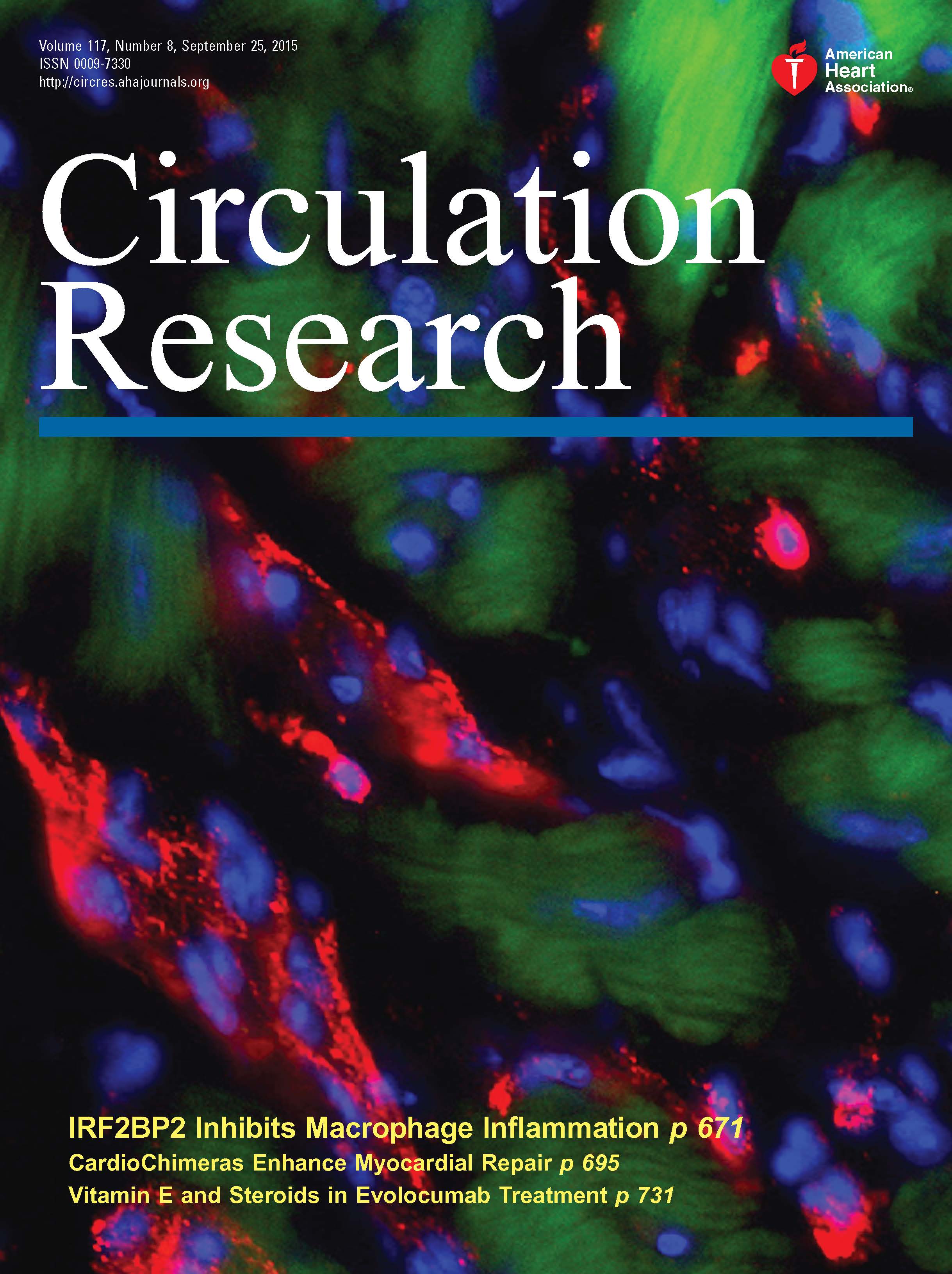My Bibliography:* Corresponding author.
1. Vilmundarson RO, Heydarikhormeh N, Duong A, Ho T, Keyhanian
K, Soheili F, Chen HH*, Stewart
AFR*. Savior siblings might rescue fetal lethality
but not adult lymphoma in Irf2bp2-null mice.
Front Immunology. Jul 4;13:868053 (2022) https://doi.org/10.3389/fimmu.2022.868053
(Impact
Factor =
7.6)
2. Stewart AFR*, Chen HH*. Revisiting the MMTV zoonotic hypothesis to
account for geographic variation in breast cancer incidence.
Viruses (2022) March; 14 (559) 1-12. doi.org/10.3390/v14030559.
(Impact
Factor = 5.8)
3.
Vilmundarson
RO, Duong A, Soheili F, Chen HH, Stewart AFR.
IRF2BP2 3'UTR Polymorphism Increases Coronary Artery
Calcification in Men.
Front Cardiovasc Med. (2021).
doi:10.3389/fcvm.2021.687645.
(Impact Factor = 4.8)
4. Zhang L, Qin
Z, Sharmin F, Lin W, Ricke KM, Stewart AFR, Chen HH*. Tyrosine phosphatase PTP1B impairs
presynaptic NMDA receptor-mediated plasticity in a mouse model of Alzheimer’s disease.
Neurobiology of Disease. (2021) doi.org/10.1016/j.nbd.2021.105402
(Impact Factor = 5.6)
5. Qin
Z, Zhang
L, Stewart AFR, Chen HH*. Ketamine’s schizophrenia-like effects are prevented
by targeting PTP1B.
Neurobiology of Disease. (2021) doi.org/10.1016/j.nbd.2021.105397
(Impact Factor = 5.6)
6. Cruz
SA, Qin Z, Ricke KM, Stewart
AFR, Chen HH*. Neuronal tyrosine phosphatase PTP1B hinders
sensory-motor functional recovery and causes affective disorders in two
different focal ischemic stroke models.
Neural Regeneration
Research. (2021). 16(1):129-136
(Impact Factor = 5.13)
7. Qin Z, Zhang L, Cruz SA, Stewart AFR, Chen HH*. Activation of tyrosine phosphatase PTP1B in pyramidal neurons impairs endocannabinoid signaling by tyrosine receptor kinase trkB and causes schizophrenia-like behaviors in mice.
Neuropsychopharmocology. (2020) Jul 1. doi: 10.1038/s41386-020-0755-3
(Impact Factor = 7.9)
8. Stewart AFR, Chen HH*. Perspective: Activation of tyrosine
phosphatases in the progression of Alzheimer’s disease.
Neural Regeneration Research (2020) 15(12):2245-2246.
(Impact Factor = 5.13)
9. Zhang L, Qin
Z, Ricke KM, Cruz SA, Stewart AFR, Chen HH*. Hyperactivated PTP1B phosphatase in parvalbumin
neurons alters anterior cingulate inhibitory circuits and induces autism-like
behaviors.
Nature Communications. 2020 Feb 24;11(1):1017 p1-15.
(Impact Factor = 17.7).
10. Ricke KM, Cruz SA, Qin Z, Farrokhi K, Sharmin F,
Zhang L, Zasloff MA, Stewart AFR*, Chen HH*. Neuronal Protein Tyrosine Phosphatase 1B hastens Amyloid
β-associated Alzheimer’s disease in mice.
Journal of Neuroscience. 2020 Feb 12;40(7):1581-1593.
(Impact Factor = 7.1).
11.Cruz SA, Qin Z, Stewart AFR, Chen HH*. Dabrafenib, an inhibitor of RIP3
kinase-dependent necroptosis, reduces ischemic brain injury.
Neural
Regeneration Research. 2018
doi: 10.4103/1673-5374.226394.
(Impact
Factor = 5.13; Cited 19 times in 2019;
Top 10 highly cited papers of the Journal)
12. Hari A, Cruz SA, Qin Z, Couture P, Vilmundarson
RO, Huang H, Stewart AFR, Chen HH*. IRF2BP2-deficient microglia block the
anxiolytic effect of enhanced postnatal care.
Scientific Reports. 2017, doi: 10.1038/s41598-017-10349-3
(Impact
Factor = 5.5)
13. Cruz SA, Hari A, Qin Z, Couture P, Huang
H, Lagace DC, Stewart AFR, Chen HH*. Loss of IRF2BP2 in Microglia Increases
Inflammation and Functional Deficits after Focal Ischemic Brain Injury.
Frontiers
in Cellular Neuroscience.
2017 Jul 19;11:201.
(Impact Factor = 6.2)
14. Almontashiri NA, Antoine A, Zhou X, Vilmundarson
R, Zhang S, Hao K,
Chen HH*, Stewart AFR*. 9p21.3 coronary artery disease
risk variants disrupt TEAD transcription factor binding and TEAD-dependent TGFβ
regulation of p16 expression in human aortic smooth muscle cells.
Circulation. 2015 Nov 24;132(21):1969-78.
(Impact
Factor = 40)
#
Editorial by MacRae CA, Pollak MR. Effect size does matter: the long road to mechanistic insight from genome wide association.
Circulation, 2015 Oct 20.
(Impact
Factor = 40)
15.
Chen HH*, Keyhanian K, Zhou X,
Vilmundarson R, Almontashiri NA, Cruz SA, Pandey NR, Yap NL,
Ho T, Stewart CA, Huang H, Hari A, Geoffrion M, McPherson
R, Rayner K, Stewart AFR. IRF2BP2
in macrophages controls inflammation and susceptibility to diet-induced obesity
and atherosclerosis.
Circulation Research. 2015;117:671-683.
(Impact Factor = 17.7)
Featured as a Cover of the issue.
Circulation Research. 2015;117 (September 25).

Editorial by Zhang H, Reilly MP. IRF2BP2: A New Player at the Crossroads of Inflammation and Lipid Metabolism.
Circulation Research. 2015;117:656-658.
(Impact Factor = 17.7)
16. Qin Z, Zhou X, Pandey NR, Vecchiarelli HA, Stewart CA, Zhang X, Lagace DC, Brunel
JC, Béïque JC, Stewart AFR, Hill MN,
Chen HH*.
Chronic
Stress Induces Anxiety via an Amygdalar Intracellular Cascade that Impairs Endocannabinoid Signalling.
Neuron. 2015 Mar 18;85(6):1319-1331.
(Impact Factor = 18.7)
Featured & Reviewed in: Krishnan
N, Tonks NK. Anxious
moments for the protein tyrosine phosphatase PTP1B.
Trends Neurosci. 2015 Jul 9.
(Impact
Factor = 15.6)
Editorial pick of
Science Signaling. How stress causes anxiety. 2015 Mar 20, 8 (369), pp. ec68.
(Impact Factor = 9.5)
17. Chen HH, Stewart AFR. Making
sense of GWAS: Integrating genetic variation with gene expression to derive
functional mechanisms underlying disease risk. Circulation. 2015 Feb 10;131(6):519-21.
(Impact Factor =40)
18. Almontashiri NAM,
Chen HH, Mailloux RJ, Tatsuta T, Teng ACT, Mahmoud AB, Ho T, Stewart NAS, Rippstein P, Harper ME, Roberts R, Christina Willenborg6 and Jeanette Erdmann6 for the CARDIoGRAM, consortium, Pastore A, McBride H, Langer T, Stewart AFR. SPG7 variant escapes phosphorylation-regulated processing by AFG3L2, elevates mitochondrial ROS and associates with multiple clinical phenotypes.
Cell Reports. (2014) 7(3):834-47.
(Impact Factor = 10)
19. Zaman T, Zhou X, Pandey NR, Qin Z, Keyhanian K, Wen K, Courtney R, Stewart AFR,
Chen HH*. LMO4 is essential for paraventricular hypothalamic neuronal activity and calcium channel expression to prevent hyperphagia.
Journal of Neuroscience. 34(1):140-8 (2014).
(Impact Factor = 7.9)
20. Pandey NR, Zhou X, Qin Z, Zaman T, Gomez-Smith M, Kayhanin K, Anisman H, Brunel JM , Stewart AFR,
Chen HH*. LMO4 is a metabolic responsive inhibitor of PTP1B that controls hypothalamic leptin signaling.
Journal of Neuroscience. 33(31):12647-55 (2013).
(Impact Factor = 7.9)
21. Qin Z, Zhou X, Gomez-Smith M, Pandey NR, Lee KF, Lagace DC, Béïque J-C,
Chen HH*. LMO4 regulates calcium-induced calcium release and synaptic plasticity in the hippocampus.
Journal of Neuroscience. 32(12):4271-83 (2012).
(Impact Factor = 7.9)
